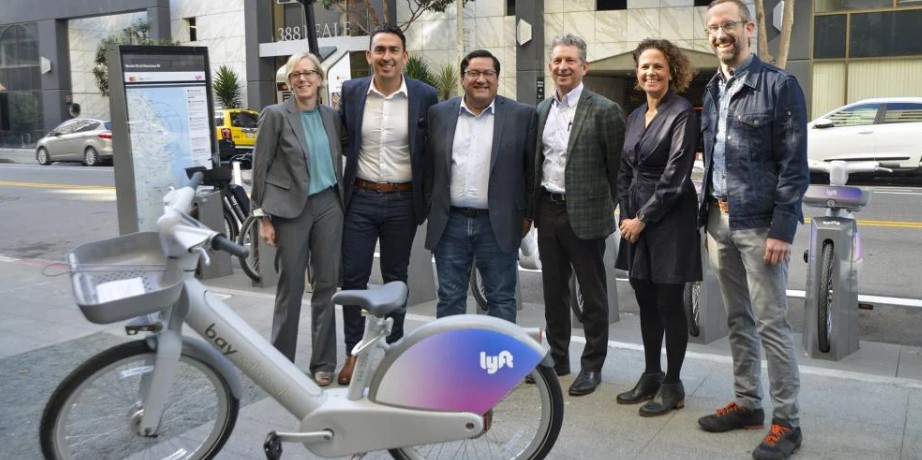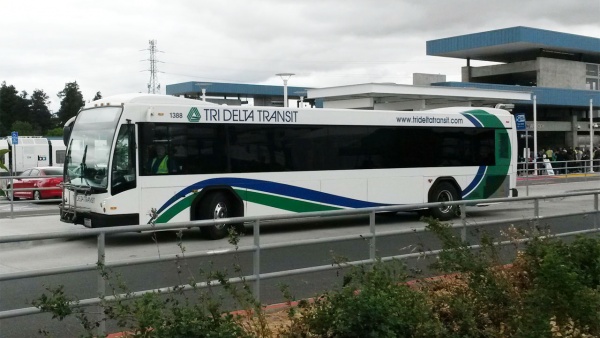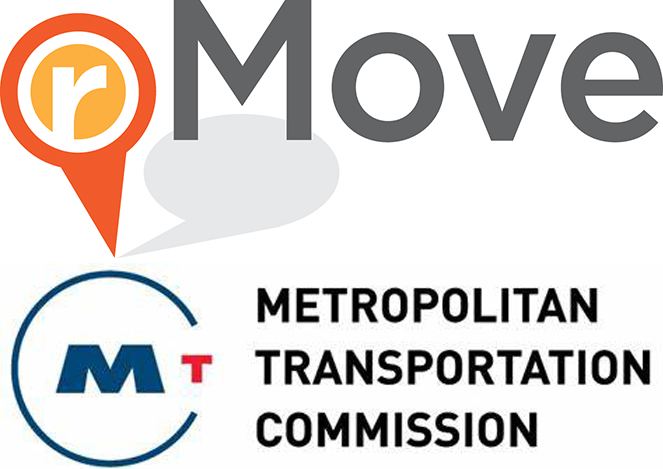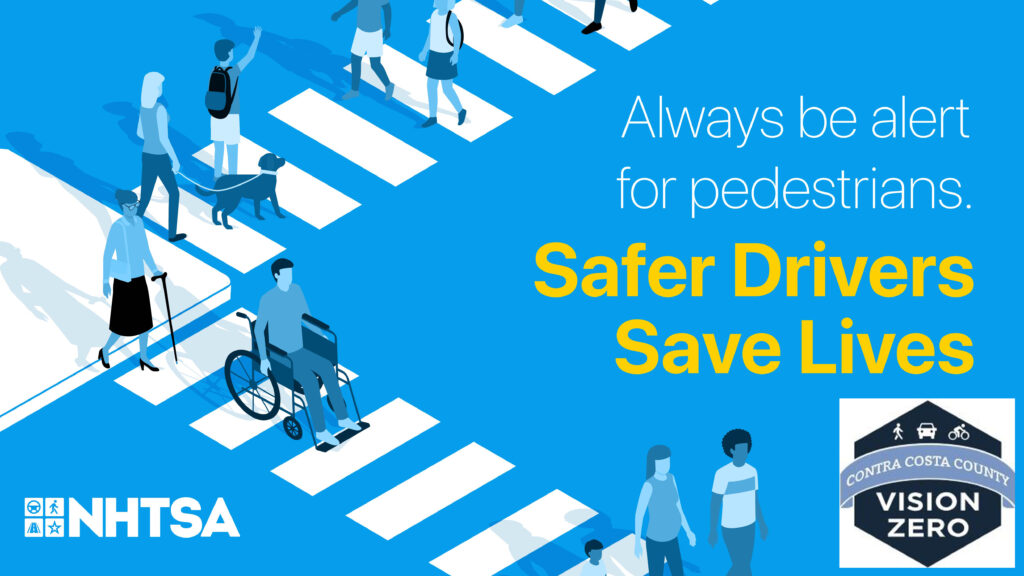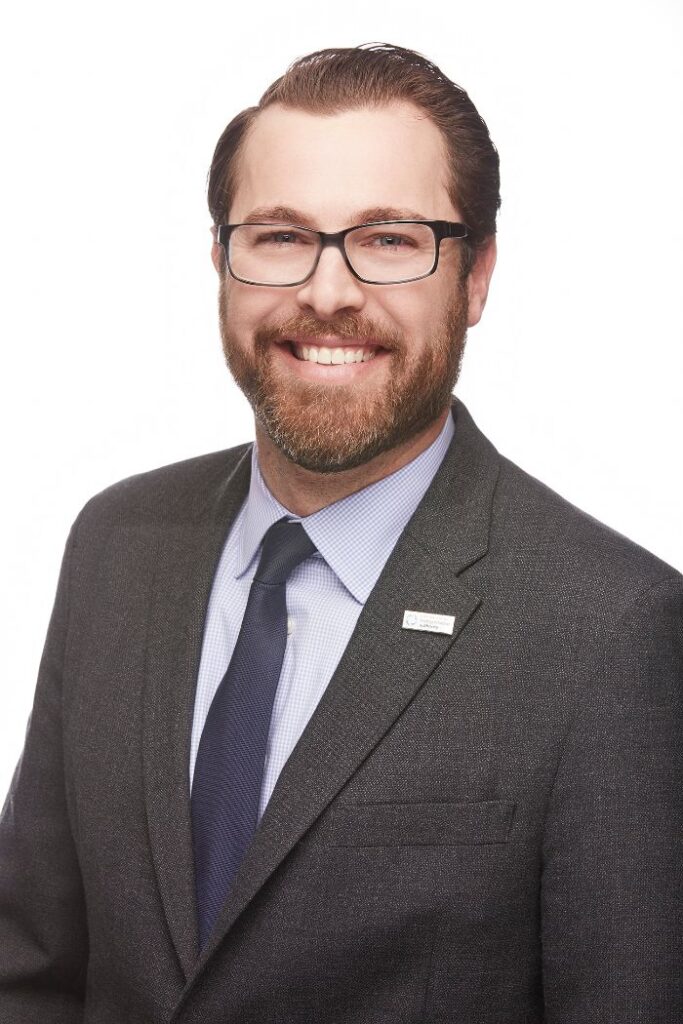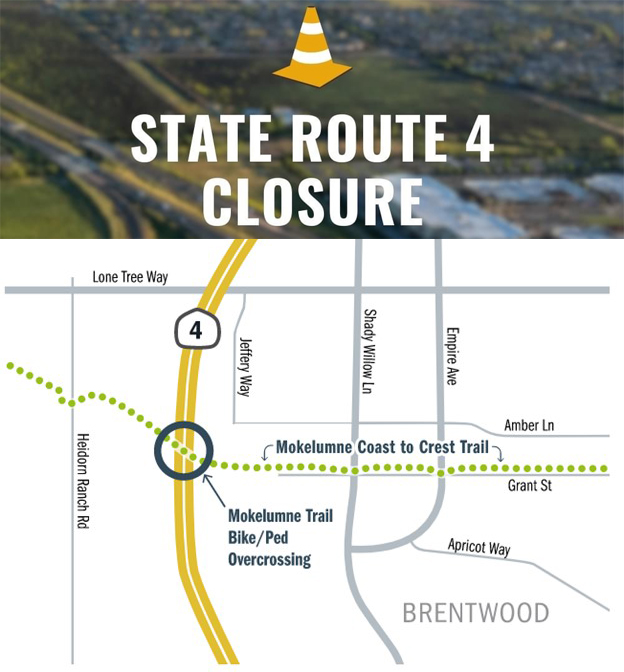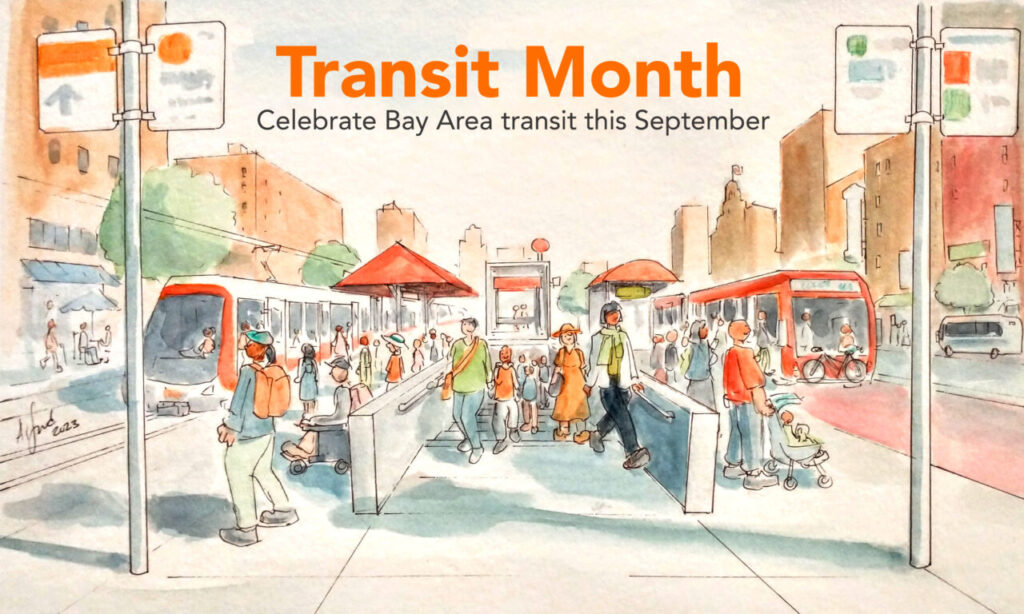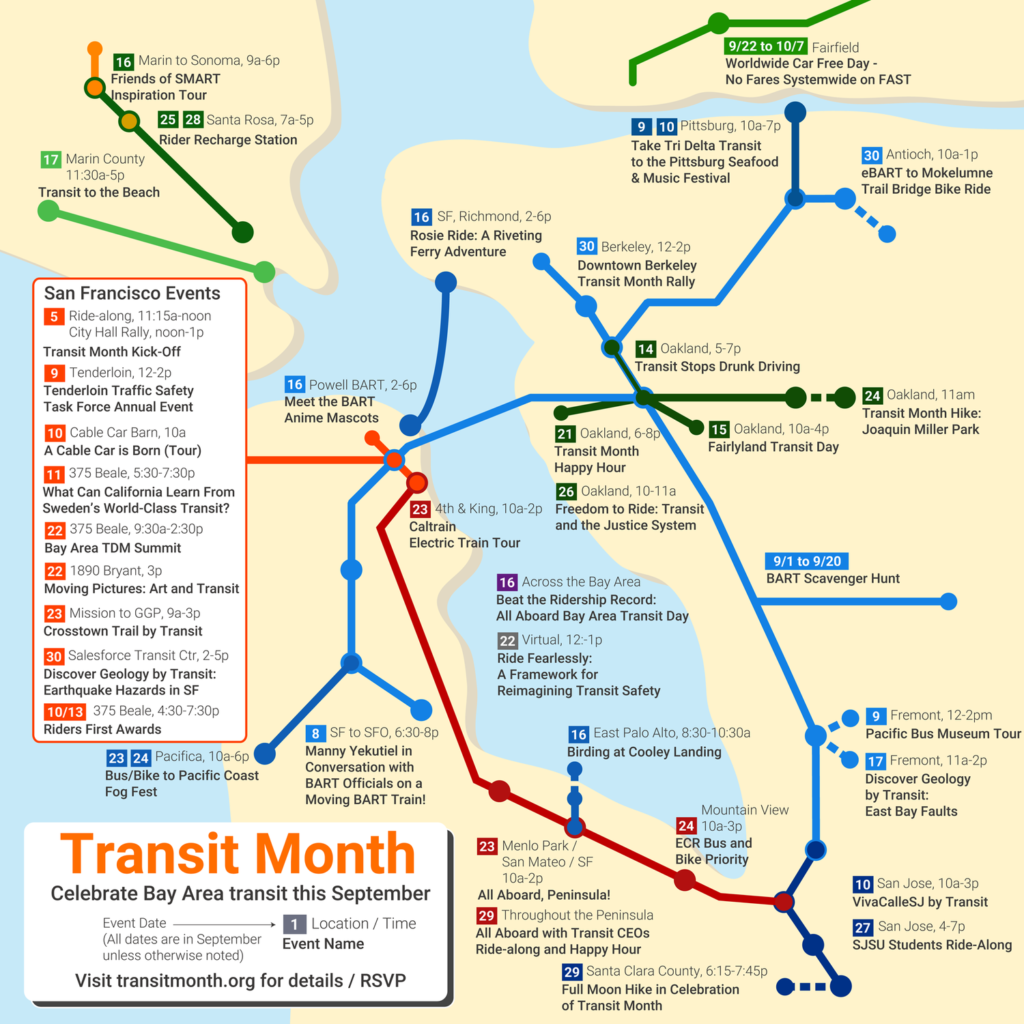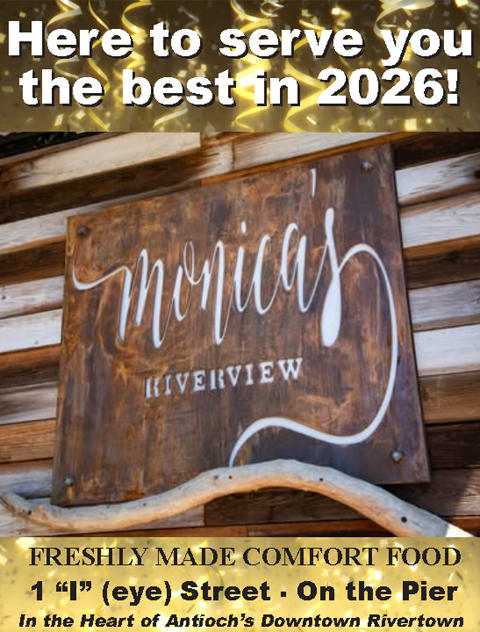Contra Costa Transportation Authority commemorates Caldecott Tunnel Fourth Bore’s 10th anniversary
Monday, November 20th, 2023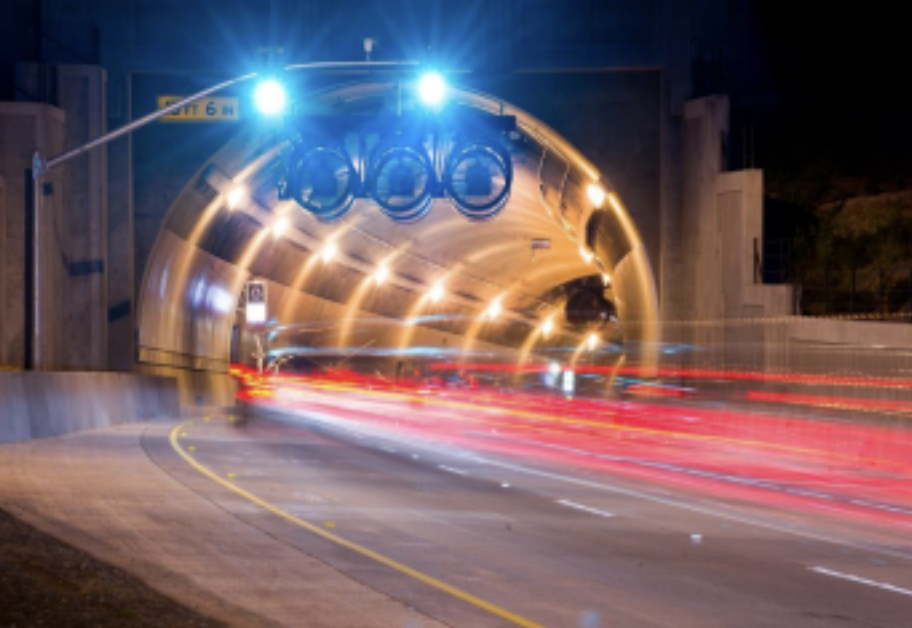
Paid for primarily by federal stimulus funds, and taxpayer-supported Measure J county sales tax and bridge toll increases
This month, the Contra Costa Transportation Authority (CCTA) commemorates Caldecott Tunnel Fourth Bore’s 10 years of service alleviating congestion on Highway 24. Caldecott’s award-winning fourth bore was constructed on time and under budget at a cost of $417 million and finally allowed two permanently dedicated tunnels to service traffic in each direction. The passage was opened to traffic on November 15, 2013, successfully reducing travel times, enhancing safety for Caltrans maintenance workers, and improving mobility for those driving from east Contra Costa County to Oakland and San Francisco.
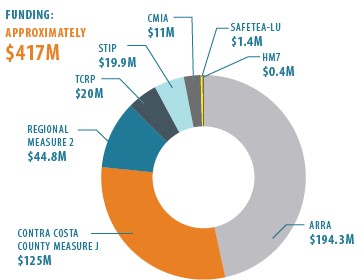
At the time of the groundbreaking on January 22, 2010, the shovel-ready Fourth Bore was the largest American Recovery and Reinvestment Act of 2009 stimulus funding in the nation of $194.3 million, a testament to the regional importance of the project and the hard work of the project team. Contra Costa County’s Measure J provided $125 million, the Bay Area Regional Measure 2 Bridge Toll increase provided $44.8 million, and the state provided $19.9 million.
“Ten years ago, we opened the fourth bore with much anticipated fanfare,” CCTA Chair Federal Glover said. “Many drivers today don’t remember when Caltrans workers had to shift the middle bore direction at least twice a day to provide lanes for peak commuters. On some weekdays the direction of the middle bore could change up to six times, which was so inefficient for the 160,000 daily drivers who used the Caldecott each day and unsafe for the workers who were responsible for changing lanes.”
Prior to the tunnel opening, Caltrans reported westbound motorists experienced 52,585 vehicle hours of delay a month. After the fourth bore opened in 2013, the vehicle hours of delay dropped to 12,020 – a 77 percent improvement. CCTA 2023 data shows a continued reduction in delays compared to 2013 data compiled before the tunnel opened. Eastbound delays show a 42 percent reduction of vehicle hours of delay, while westbound delays show an 80 percent improvement – meaning fewer hours drivers waste sitting in traffic. (See Fourth Bore Project Fact Sheet)

“The Caldecott Tunnel Fourth Bore is a remarkable project that has served Bay Area drivers well since 2013,” CCTA Executive Director Timothy Haile said. “CCTA’s landmark project will continue to be a legacy for decades to come.”
About the Contra Costa Transportation Authority
The Contra Costa Transportation Authority (CCTA) is a public agency formed by Contra Costa voters in 1988 to manage the county’s transportation sales tax program and oversee countywide transportation planning efforts. With a staff of twenty people managing a multi-billion-dollar suite of projects and programs, CCTA is responsible for planning, funding and delivering transportation infrastructure projects and programs throughout the County. CCTA also serves as the county’s designated Congestion Management Agency, responsible for putting programs in place to manage traffic levels. More information about CCTA is available at ccta.net.
Allen D. Payton contributed to this report.











